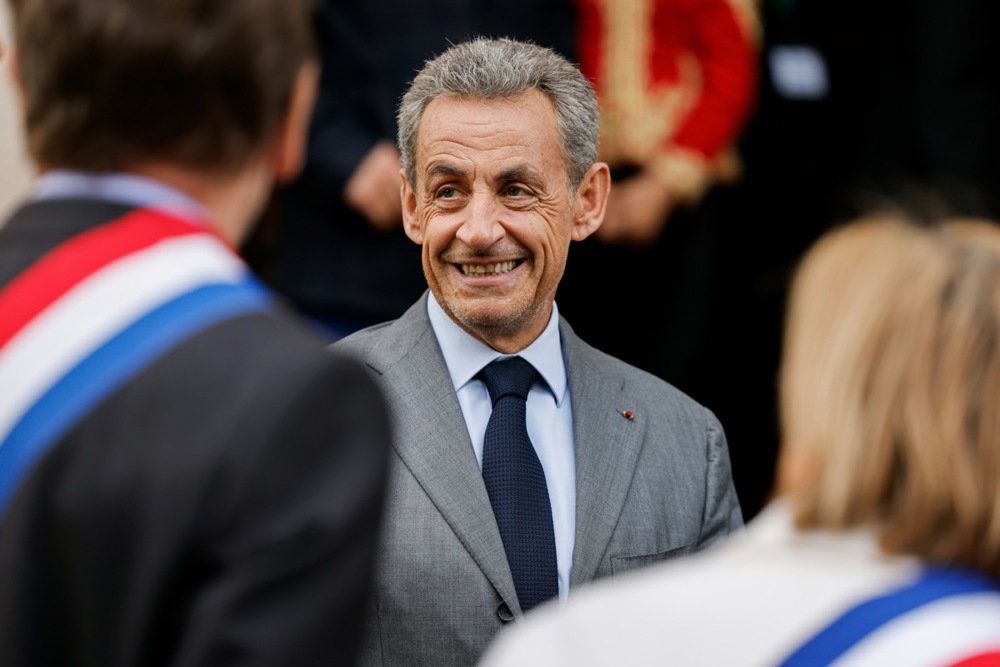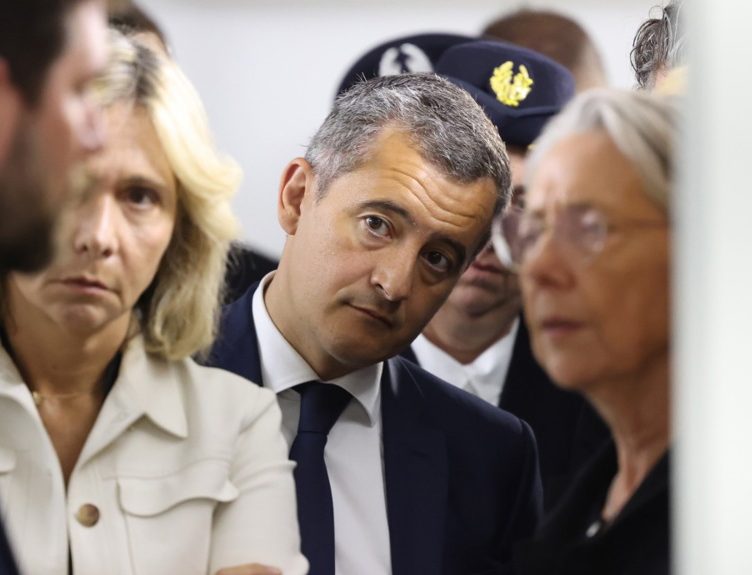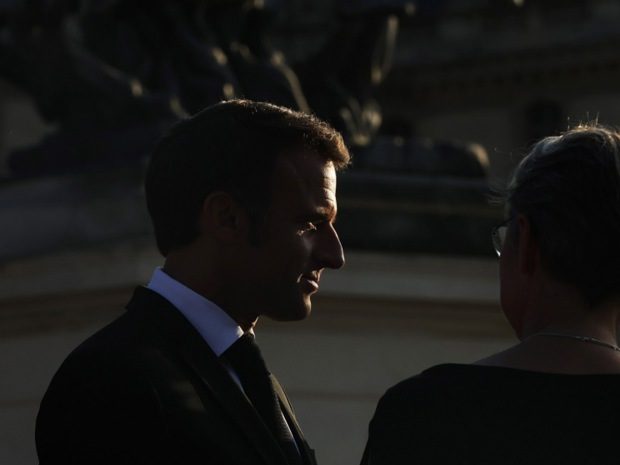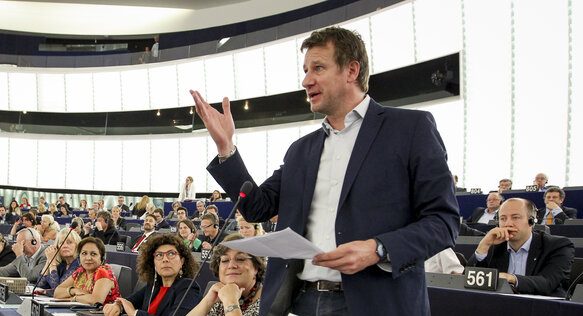French interior minister Gérald Darmanin said recently that national-populist Marine Le Pen is likely to win the 2027 French presidential election.
Recently dubbed the successor to current President Emmanuel Macron, by both himself and ex-president Sarkozy, Darmanin is currently touring his home turf in working-class Northern France.
While the next election is nearly four years away, attention is focused on the race for the Elysée Palace, as Macron will be ineligible to run.
Darmanin referred to what he sees as a grim outlook for his centrist party.
Speaking candidly to the regional outlet La Voix du Nord he said: “The fact is that in [four] years, a victory for Madame Le Pen is quite likely.”
It is certainly a possibility. Although only a year into his second presidential term, Macron’s performance has been seen as dismal by many, punctuated by riots, unpopular reforms, a cost-of-living-crisis, police strikes and then further widespread unrest. That has left many also predicting a future win for Le Pen and her Rassemblement National party.
For Darmanin, the current ruling coalition consisting mainly of Macron’s liberal centrist Renaissance party (formerly La Republique en Marche), has a “class problem” with its neglect of much needed support for the French working-class.
All eyes are now on the small town of Tourcoing, next to the Belgian border, where Darmanin was once the mayor. At a conference there, he is to outline his approach to the next election, which he said will have a stronger focus on more social policy.
“If we don’t address the economic challenges faced by the working class, populists will seize victory in 2027,” he said.
He also criticised the make-up of the support base for Macron and the Renaissance’s party. He said it was too reliant on the wealthy and white-collar workers and added that the government can’t “base ourselves only on the winners of globalisation … because that does not make 51 per cent of the votes.”
Darmanin isn’t alone in foreseeing Le Pen’s potential triumph. In February 2023, former French prime minister Édouard Philippe also acknowledged the viability of her victory, urging “vigilance” among his peers.
Darmanin’s audacious manoeuvre has caused friction within the ruling party and the government. Some view his efforts to carve out his own path as potentially divisive. Stéphane Séjourné, leader of the Renaissance party, cautioned that unity within the majority should be prioritised over individual ambitions.
Darmanin has quipped that he “doesn’t need lessons in loyalty”, although he did not invite Prime Minister Elisabeth Bourne to his conference, as the two have long-standing rivalry.
That was heightened after he narrowly missed out on promotion to Bourne’s job during a recent government reshuffle.
He claims his personal success story, rising from humble origins with an immigrant background, gives him a unique perspective that may unsettle some.





